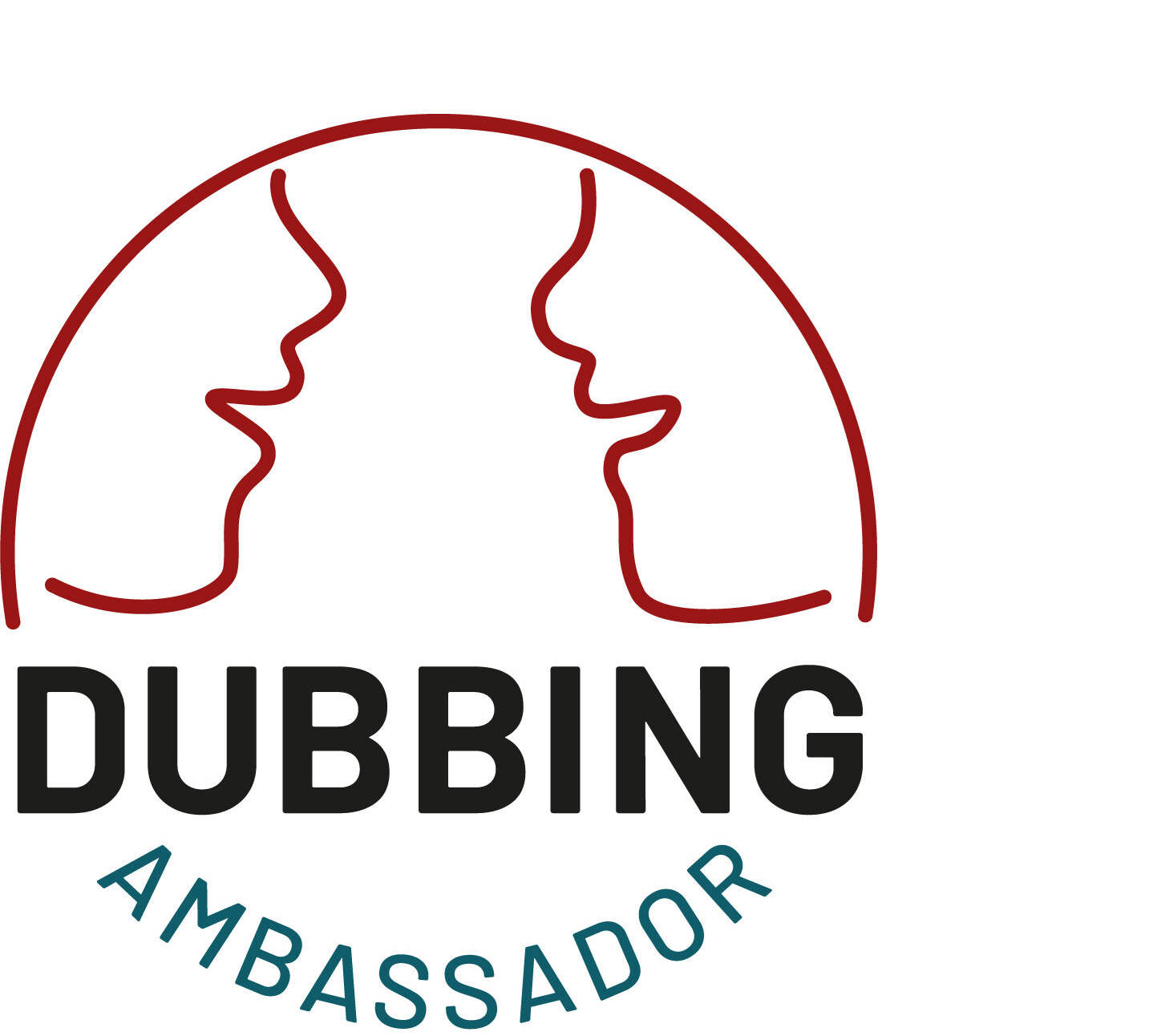Why is it so difficult to find a good dubbing scriptwriter? Why are they so rare? Well maybe because it’s so difficult to be one. Because sometimes, the diligent ones, the ones who love movies the most simply give up. Because you have to be willing to kill your darling. I recently had a conversation with a fellow dubbing scriptwriter about presenting our work to the public, and he said something that stuck with me. It’s that the best scriptwriters love the original as much as the creators of the originals themselves. We deeply admire the monomaniacal certainty that makes the best movies powerful and convincing. We want the audience to experience the magic that many people created over years of hard work, bringing their inspiration to the screen, dealing with frustration and anxiety and ultimately delivering something that an audience will live with for an hour and a half (or three), something that they will take into their souls and lives. It’s not a product for us, it’s not content, it’s our new best friend, like one of these people you meet and instantly realize you’ve known them forever.
And then we begin to work and it goes downhill from there. As soon as we touch it, the original changes. When we’re done, as much brainpower and emotional involvement goes into it, our best friend has changed.
As an industry, we proudly say that we create the new original. But as fellow creatives, we also know that we have done something to the original that many people deem inexcusable. And to a degree, they are, of course, correct. Why do we simply grab the right to change anything about someone’s creation? There’s only one good reason – we want our audiences to experience something in their own, native language, to understand it on an instinctual level, to dive into a story and characters with as few barriers as possible. And in order to do that, we compromise. And it can drive you absolutely crazy – the more you think as an artist, the crazier you become.
F. Scott Fitzgerald said, “the test of a first-rate intelligence is the ability to hold two opposed ideas in the mind at the same time, and still retain the ability to function.” It’s of the truest descriptions not only about intelligence, and – although dubbing was barely invented when Fitzgerald wrote “The Crack-Up” in 1936 – it describes dubbing scriptwriting like nothing else. It’s an eternal compromise, it’s a push-me-pull-you, it’s a chameleon, all in the service of an original that will be forever buried in the process.
There is no way out. There is language that’s spoken and that needs to be understood. Subtitles do something to both the dialogue and the visual image, voice-over or lektor-dubbing does something to the soundscape, leaving the dialogue untranslated is a crime committed against the original scriptwriters who spend years honing the original script. Every form of localization has its drawbacks
But wait – here comes AI dubbing. Hooray! The original remains untouched, the original actors can speak any language in their own voice! No more compromise!
Not so fast. Translated it must be. And we all know that translation is defined by compromise. Dubbing presents additional challenges because it has to fit the translation to an image in length, rhythm, lip-sync. More compromise. But let’s say you could change the image to make it look lip-sync – you’re working with AI, after all. Oops – you’ve changed the original. The next compromise.
Let’s say you’re willing to do that. Now you have a perfectly lip-sync translation, now you only have to let the translated text be voiced by a program that imitates the sound of the original actor. Of course, the audience knows that those actors don’t speak the target language, but maybe we can make them forget that – another compromise.
The original actors and in fact, none of the creators of the original, meanwhile, have any control over what’s happening. What they say has been changed, and what they look like when they are saying it has been changed. So, is this being true to the original? I think not. It’s another compromise.
And I know what you’re thinking. But even if they did get involved in the dubbing process themselves, the original creators don’t know the target language and ultimately have no way of judging whether a translation is in service of their vision or not. So, if I were a filmmaker, who would I trust to make these decisions? I would trust a fellow artist, a creative person who shares my vision. Those people are called dubbing scriptwriters. They are called dubbing directors. They are called voice actors.
AI dubbing is not the solution for preserving artistic integrity, for respecting the original creators and creating an original experience. It doesn’t make a dubbed film more authentic. It adds up to the same amount of compromise and change to the original as any other method of dubbing. It’s a way of localizing and delivering a product, quickly, and, if we are to believe the AI dubbing companies, cost-efficiently. That’s fine.
What it takes out of the process, however, is the human beings that take responsibility for those compromises and changes. Those people need not to be in the loop, but at the core of the adaptation process. To be truly authentic, we need people who know what they do to the original and whose human heart bleeds when they do it. Who ensure that these changes are made in service of both the original and the audiences.




